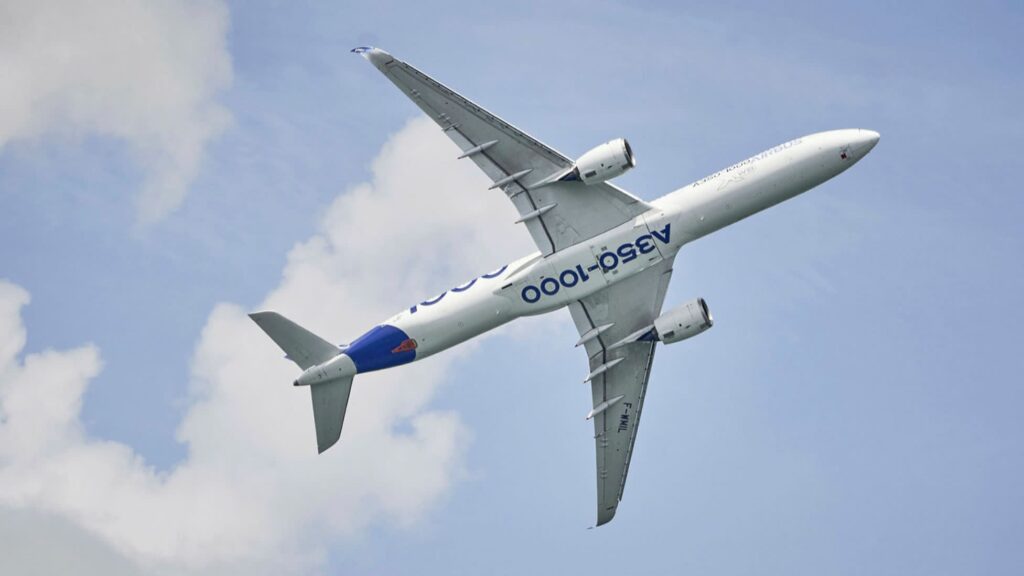Airbus to test hydrogen-powered engine on A380 superjumbo

Airbus plans to use a superjumbo A380 to test hydrogen-powered jet engines as the European aerospace group prepares to bring a zero emissions aircraft into service by 2035.
The Toulouse-based group said it would work with CFM International, a joint venture between France’s Safran and General Electric of the US, to develop an engine that can run on hydrogen. Executives said the converted test aircraft would fly by the end of 2026.
The venture comes amid increasing pressure on the aviation industry to cut pollution and meet zero-emission targets by 2050. Before the pandemic led to the grounding of much of the world’s aircraft, aviation accounted for roughly 2.4 per cent of global emissions.
“To achieve these goals by 2050 the industry has to take action now and we are,” said Gael Meheust, chief executive of CFM.
The modified aircraft will keep its four conventional turbines, while a fifth engine, adapted for hydrogen, will be mounted on the rear fuselage.
The number of technical challenges are large. Under the plans, 400kg of liquid hydrogen will be stored in four tanks at minus 253 degrees Celsius. A new cryogenic distribution system will need to be developed. The hydrogen will also need to be converted into a gas before it is burnt. The gas burns at a much higher temperature than conventional jet fuel, so special cooling and coating materials will also need to be developed.
“Is hydrogen harder? Yes. Is it do-able? Absolutely,” said Mohamed Ali, vice-president and general manager of engineering at GE Aviation.
Executives said the decision to use an A380, the world’s largest passenger airliner, would allow engineers more room for things like the tanks and the testing equipment. A commercial product will be much smaller. Airbus said last year it would likely initially produce a regional or shorter-range aircraft.
The aviation industry is divided over the speed at which companies can make hydrogen happen. Apart from the complex engineering challenges, significant investments will be needed to build up the supply of “green” hydrogen made by renewables, to change fuel storage requirements at airports as well as the associated infrastructure. Detractors say that sustainable fuels are the only practical solution to greening aviation.
Engineers at Airbus are working on several different zero-emission concepts, all of which rely on hydrogen as their primary power source. Sabine Klauke, chief technology officer, said the company would decide by the end of this decade which route to take.
Klauke admitted that “an immense work and investment” would be needed to develop the demonstrator aircraft. Airbus declined to disclose the exact size of the investment but said it was part of its “overall research and development plans”.